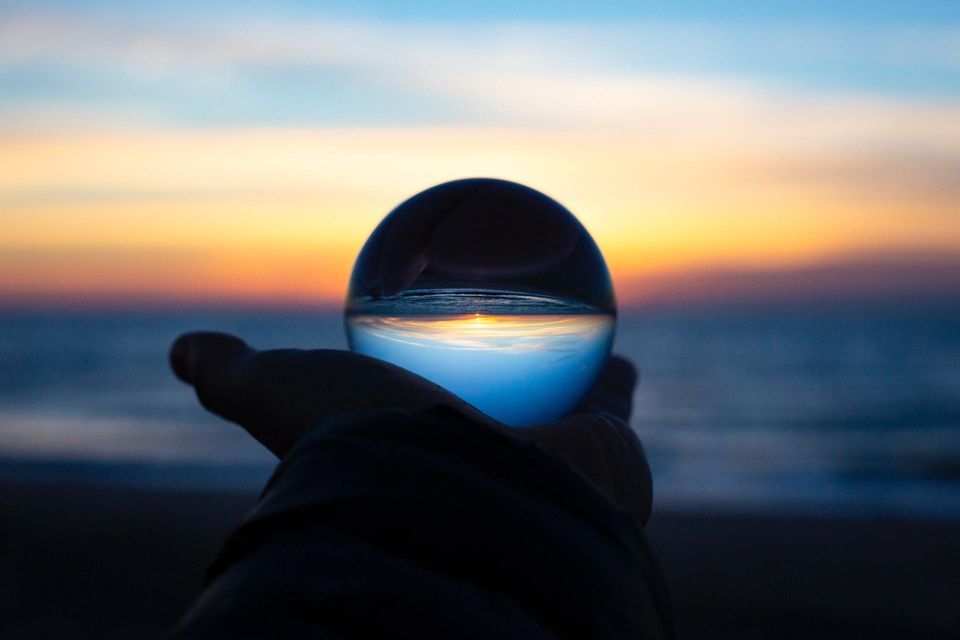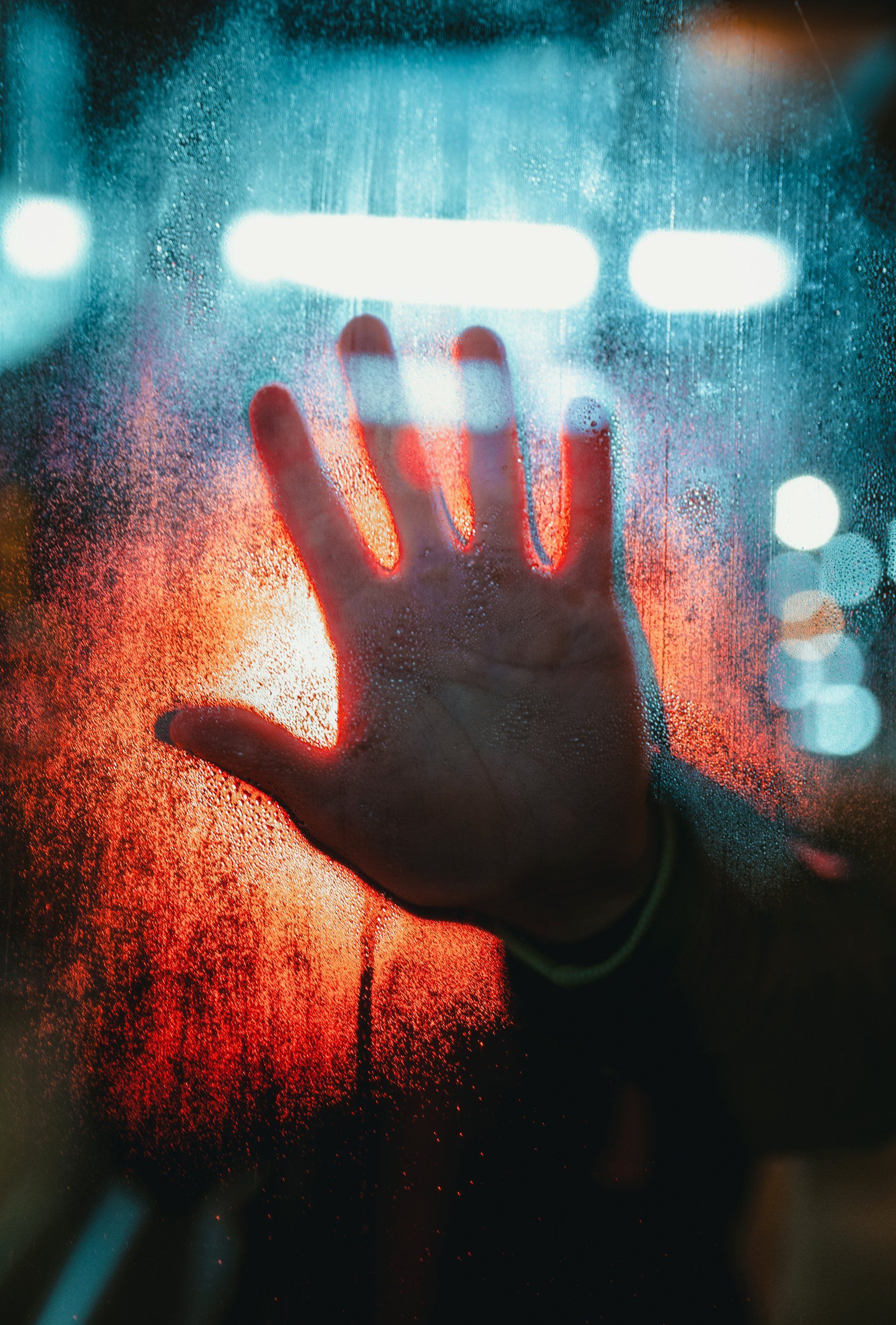Future-proofing your business against emerging covid risks

On 23rd March 2020 the UK went into lockdown. At this stage we've spent almost an entire year in and out of lockdowns. While things seem to be easing a bit as we write, with a 'road map' in place and a suite of flexible milestones to come, it's still going to take an almighty collective effort to bring things back to anything near 'normal'. In many ways, though, we're beginning to realise that 'back to normal' probably isn't going to happen at all. How do businesses cope with that?
12 months along and our habits have changed
A year is a long time, and during that time our habits have changed profoundly. Can you imagine feeling happy about not wearing a mask in a crowded public space, or does the thought of going mask-less really worry you? Can you see yourself confidently entering a theatre, pub, shop, cinema or restaurant without social distancing?
How do you feel about sitting in an office 9-5 with your colleagues, only a few feet apart, in a room where the windows don't open, with air conditioning blasting out? It doesn't help that air conditioning systems have been tipped as spreading the virus. It's different at home, of course, where the only droplets that can be spread by air conditioning come from you and the people you’ve been safely in lockdown with. But in an office?
Air conditioning makes a space feel fresher but all it actually does is recycle existing air. As one article says,
“A single cough releases about 3,000 droplets, while a single sneeze can release about 30,000.” When an air conditioning unit is on, the air flow pushes these droplets through the air which can potentially infect other people. This helps to explain why common colds and norovirus infections can spread so quickly in an office setting.
Apply these common concerns back to your audience
Apply these thoughts and feelings back to your audience. Even if you do manage to get back to business-as-usual, you might find a proportion of people decide to steer clear of physically interacting with your premises, preferring to buy online or 'click and collect' instead. And that means you'll need to think about permanent changes in the way you offer your goods and services.
It's even more challenging for people who provide close contact services, people like our hairdressers, beauticians, tattooists, sports and massage therapists, tailors and fashion designers. You want to maximise the safety of your employees and customers, but you still want to provide a great service that people will enjoy and appreciate. How do you minimise the changes of someone – an employee or customer - catching covid?
Government advice about keeping staff and customers safe
The government has provided detailed guidance on working safely during coronavirus, with
advice available for every imaginable type of business. There's also government advice about how to keep staff and customers safe, updated on 10th February 2021:
- Complete a COVID-19 risk assessment. Share it with all your staff.
- Clean more often. Increase how often you clean surfaces, especially those that are being touched a lot. Ask your staff and your customers to use hand sanitiser and wash their hands frequently.
- Ask your customers to wear face coverings in any indoor space or where required to do so by law. That is especially important if your customers are likely to be around people they do not normally meet. Some exemptions apply. Check when to wear one, exemptions, and how to make your own.
- Make sure everyone is social distancing. Make it easy for everyone to do so by putting up signs or introducing a one way system that your customers can follow.
- Increase ventilation by keeping doors and windows open where possible and running ventilation systems at all times.
- Take part in NHS Test and Trace by keeping a record of all your customers for 21 days. This will be enforced in law. Some exemptions apply. Check Maintaining records of staff, customers and visitors to support NHS Test and Trace for details.
- Turn people with coronavirus symptoms away. If a staff member (or someone in their household) or a customer has a persistent cough, a high temperature or has lost their sense of taste or smell, they should be isolating.
Our UVC covid disinfection machines make “back to normal” safer
Number two is vital. The cleaner you can keep your spaces, the safer they'll be. You could employ an army of human cleaners, kit them out with PPE and disinfecting chemicals, and get them to clean the place every few hours, after every customer, whatever. Or you could invest in our proven UVC light covid disinfection technology and bring one of our amazing machines into play, the same technology used by the healthcare sector to keep spaces safe from nasties like Ebola, SARS, MERS, and Hospital Acquired Infections.
Our machines disinfect spaces effectively and efficiently in just a few minutes. As a GP surgery or dental surgery, for example, you can set it going after every patient, for just a few minutes, to make things safe for the next patient. As a theatre or cinema owner you can disinfect during the interval and between shows. It's quick, effective and low cost compared to teams of cleaners. And it lets you offer the safest possible environment for everyone concerned.
One fine day we might be free of this thing. Until then, we'll need to make the best of it that we can – and that involves UVC light technology. In that respect we do more than keep places disinfected. We future-proof businesses, too.










